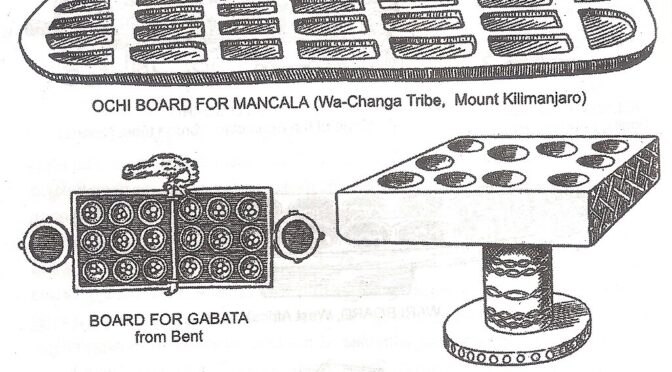Postcards from the 2025 BIPOC Game Studies Conference — Special to Analog Game Studies, featuring commentary by Mirek Stolee, Megan Condis, Amanda Kporwofa, Shelly Jones, Luke Hernandez, Evan Torner, and Edmond Y. Chang
Getting in Good Troubles with Mancala — Rebecca Y. Bayeck, Joseph M. Bayeck, and Olu Randle
Defining the Miniatures Wargame: Five Pillars — Ian Williams
It did indeed feel, at times, like we would never make it through 2025, yet here we are in December with the winter issue of Analog Game Studies. Those of us in the United States have already experienced our first wave of cold and snow-related cancellations, as a historic “arctic blast” passes through areas where many of us live and teach. Time indoors permits us to finish the semester from our computers, play a few smaller games with our families, and reflect on the past year. For AGS, we have expanded our institutional partnerships, gathered together in-person twice at events in Ohio and New York, hosted a thrilling Generation Analog 2025 online conference with Game in Lab, accomplished significant back-end work for the journal’s future, and published 3 regular issues in addition to our Queer Analog Game Studies special issue. Looking forward to 2026, the call for proposals for Generation Analog 2026 (keyword: “GREEN”) is already live and we are happy to chat about your submissions. We’ll likely see you at a few in-person conferences too, soon to be announced.
The passing of Forbes journalist Rob Wieland, who helped take hobbyist gaming to mainstream audiences, reminds us all that it is humans who continue to advocate for our spaces, our discourse, and our inclusivity. These humans have limited lifespans, only so many words within them, and precious few hours to engage in the simple, transformative act of playing analog games with others. It is good for us not to take our time together for granted, as it rests on so much. At the same time, investment in analog play can be incredibly generative, as the video-game world is discovering with regard to the decade of TTRPG campaigns that led to one of the greatest digital games of all time. Lightness and ease belong to analog gaming, but let us take this moment to not forget the stakes.
In this issue, we find ourselves in Postcards from the 2025 BIPOC Game Studies Conference considering our second AGS event together, one held at the Strong Museum of Play and held together by shared understandings (and camaraderie) in a 2025 world seemingly gone off the rails. (The full conference proceedings are also available.) Brave organizations that continue to mobilize such events will be rewarded with genuine community, which is what we at AGS found at this particular event. Moreover, a generation of game scholars have connected with each other via cutting-edge research that will continue to retain value for decades to come.
Two full research articles are also featured in this issue. Both lay out careful arguments that will directly impact their respective subfields, namely those of strategy board games and miniature wargames. In Getting in Good Troubles with Mancala, Rebecca Y. Bayeck, Joseph M. Bayeck, and Olu Randle contend that the term “mancala,” often used to describe any African game that uses seeds in boards with holes, reproduces Western colonialist blindness regarding the complexity of African play practices. They seek to give specific ethnic communities a greater voice in the global conversation regarding play, especially given their centuries of iteration and innovation in this area. In Defining the Miniatures Wargame: Five Pillars, Ian Williams responds to recent interest and scholarship in gaming miniatures via a well-informed attempt at defining its discursive space. In doing so, Williams highlights the importance of shared materialities and intellectual commitments in such a definition: discussing this half-a-billion-dollar industry requires rigor and delimitation. We at AGS are convinced that you must read these articles if you are in board game studies, particularly if engaged in these respective subfields.
Remember to stay warm, stay green, and definitely #StayAnalog. This winter is ours with which to play.
–The Editors, December 8, 2025
–
Featured image “Magic of Switzerland” by Joel & Jasmin Førestbird on Unsplash.




